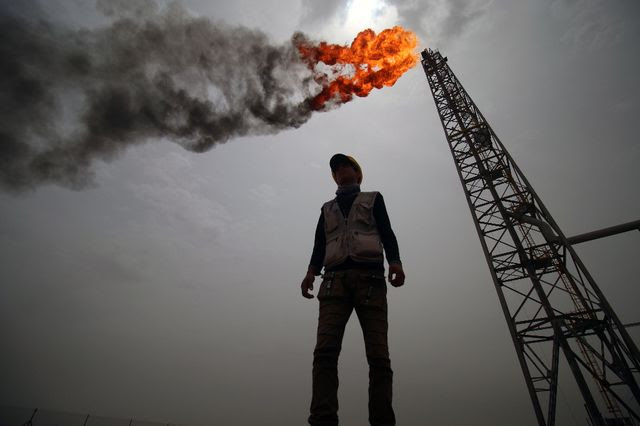Petrole production in North Dakota
These American producers are getting rich very fast, one of whom is among the 500 richest people in the world.
American oil and gas producers have seen their wealth increase by almost 10% since Russia invaded Ukraine on February 24.
This increase is explained by high energy prices as well as by American and European sanctions against Russian exports. Brent crude oil prices have climbed 32% since the invasion began and were hovering around $106 a barrel on Friday.
It is clear that this instability in the markets, from airline stocks to technology stocks, has been a boon to many companies that make money producing, selling or transporting fossil fuels.

Harold Hamm
That’s the case with Harold Hamm, 76, co-founder of shale giant Continental Resources, who climbed 28 spots on the Bloomberg Wealth Index to 93 and now controls a fortune of $18.6 billion. Richard Kinder’s net worth rose to $8.5 billion, thanks to his stake in pipeline and energy storage company Kinder Morgan while growing demand for liquefied natural gas helped Freeport founder Michael S. Smith, enter the Fortune 500 list for the first time.
The war in Ukraine doesn’t explain everything, as revenues in the U.S. oil and gas industry had been rising rapidly as demand recovered from the lows of the pandemic. One segment of the oil and gas industry that reaps the most profits is the private sector.
Every oil boom that has taken place in the past, in places like Texas and New Mexico, has been driven by publicly traded companies, as giants like Exxon Mobil and Chevron consolidated their holdings in their rush for more product. All that changed with the pandemic.
Large public companies once flush with cheap debt have been forced to cut their shares by cautious shareholders, while private companies have seized the moment to increase production.
“On the private side, those shareholder pressures aren’t as acute,” said Andrew Dittmar, director of energy analysis and software company Enverus. “It makes economic sense for private companies to invest in increased production.”



Comment here